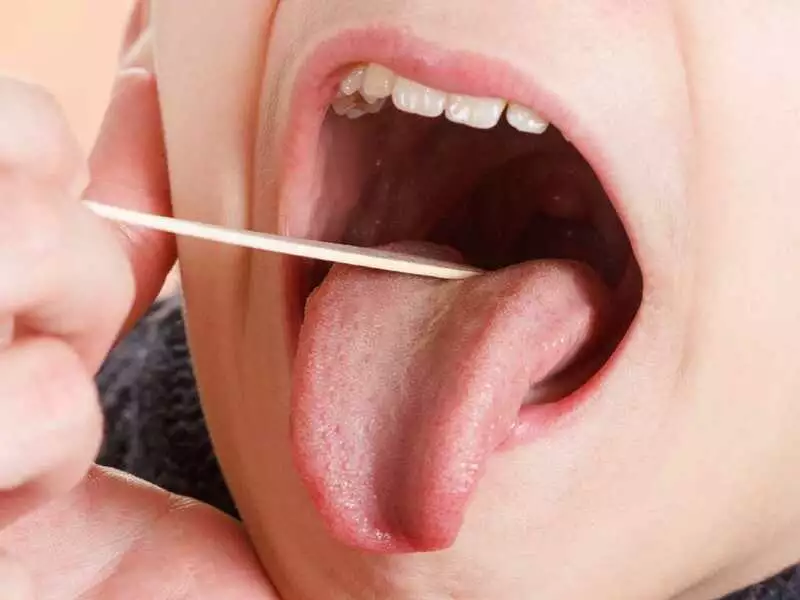Streptococcus bacteria are mainly known for their ability to cause pharyngitis. However, the range of phenomena that an infection with these pathogens can lead to is much broader. The streptococcus group bacteria can not only cause various infections, but can also in some way lead to psychiatric disorders in children, as they may be responsible for an entity known as PANDAS syndrome.
Treatment of PANDAS syndrome
In PANDAS syndrome, therapeutic interventions focus on two goals. The first is to control the bacterial infection that caused the syndrome, and the second is to bring about the alleviation or resolution of the symptoms of PANDAS syndrome.
Antibiotics such as phenoxymethylpenicillin or azithromycin are used to treat streptococcal infections. Interventions to manage the symptoms of PANDAS syndrome include, in turn, psychotherapy and pharmacotherapy. Psychotherapy aims to bring about the resolution of the behavioural disorders. The most common treatment for PANDAS patients is cognitive-behavioural psychotherapy. As far as pharmacotherapy is concerned, the most important in children with the syndrome seems to be the control of obsessive-compulsive symptoms. To this end, drugs from the serotonin reuptake inhibitor (SSRI) group are prescribed to them.
In extremely severe cases and with frequently recurring symptoms of PANDAS synd rome, treatment affecting the patient's immune system function may be used. The child may be given immunoglobulin preparations or glucocorticosteroids, or may undergo plasmapheresis.
In those children who have ever had an episode of PANDAS syndrome, theoretically the implementation of streptococcal infection prophylaxis could be considered to reduce the risk of subsequent infections and exacerbation of PANDAS syndrome symptoms. Such a course of action is controversial, however, as there are some side effects associated with antibiotic therapy - e.g. diarrhoea. To date, it has not been clearly assessed whether the benefits of prophylaxis would outweigh the possible risks of prophylactic antibiotic use for children with a history of PANDAS syndrome.
Prognosis of children with PANDAS syndrome
In some children with PANDAS syndrome, the complaints resolve after some time. In others, unfortunately, this is not the case: symptoms may persist over a long period of time and, what is worse, their intensity may even gradually increase.

photo: shutterstock
There are currently no methods known to predict which children will or will not develop PANDAS syndrome. Is treatment of the condition then important? The answer is definitely yes. This is because if PANDAS is not recognised or treated, there is a risk that the tic or obsessive-compulsive disorder will persist in the child's adult life.









